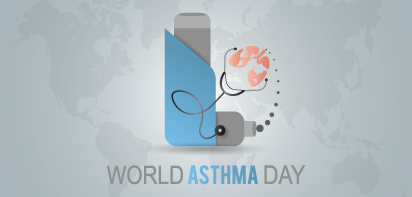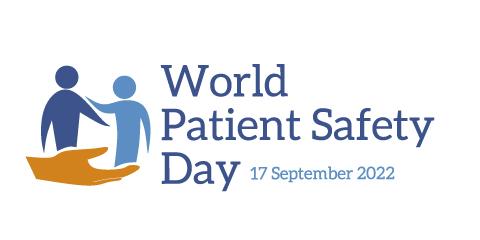
The Month of Ramadan and the Benefits of Fasting
No one can deny the many benefits of fasting the blessed month of Ramadan to the ones who fast. In the blessed month of Ramadan, more than a billion Muslims around the world abstain from food and drink to fulfill one of the five pillars of Islam, as the Prophet, may Allah’s prayers and peace be upon him, said in the known hadith: (Fast, for better health).
Abstaining from food and drink helps the body to flush out toxins, and fasting helps to give the digestive system comfort and many other benefits, which we will summarize later in this article.
Among the massive benefits of fasting are the following:
1. Losing weight
Dr. Razeen Mahrouf, an anesthesiologist from the University of Oxford, said that although fasting has its religious dimensions, it’s a wonderful opportunity to obtain physical benefits as well. As fasting for about 18 hours helps the body to lose fat, in addition to adopting a healthy approach through breakfast and the pre-dawn meal, as one piece of date is one of the healthiest fruits that gives the required energy boost.
2. Lowering blood sugar
Blood sugar tends to decrease with long hours of fasting. According to Dr. Mahrouf, the body uses stored glucose for energy when people are fasting. However, diabetics should consult their doctors before fasting for long periods, but those with high blood sugar - not diabetics - will benefit from this process.
3. Lowering cholesterol
A team of cardiologists in the United Arab Emirates found that fasting during the month of Ramadan has a positive effect on their lipids, which means that the level of cholesterol in the blood is reduced due to fasting. Low cholesterol boosts cardiovascular health, which reduces the risk of heart diseases such as strokes or heart attacks. In addition, eating a healthy diet even after Ramadan will contribute to keeping the cholesterol level low.
4. Absorbing more nutrients
Fasting throughout the day makes your metabolism more efficient. Thanks to the combination of fasting and late-night eating that results in an increase in a hormone called adiponectin, which allows the muscles to better absorb nutrients. As a result, different areas of the body will then be able to utilize the nutrients needed to function effectively.
5. Detoxifying
Fasting allows the body to detoxify the digestive system; because the one who is fasting abstains from drinking and eating throughout the day. When the body starts consuming its fat stores for energy, it will also burn any harmful toxins that may be present in the fat deposits.
6. Bettering mental health
According to a study conducted by American scientists, the mental focus achieved during the month of Ramadan increases the level of the neurotrophic factor which is derived from the brain, which also causes the body to produce more brain cells, thus improving brain function. It also enhances clarity of mind and reduces stress, especially when fasting leads to a significant decrease in the amount of the cortisone hormone produced by the adrenal gland.
Conclusion:
The person who is fasting must follow a balanced diet, making sure that the amounts of carbohydrates, fats and protein in his/her diet are balanced. The fasting person should take advantage of the blessed month of Ramadan to apply many healthy habits regarding food and drink in order to become a lifestyle.




